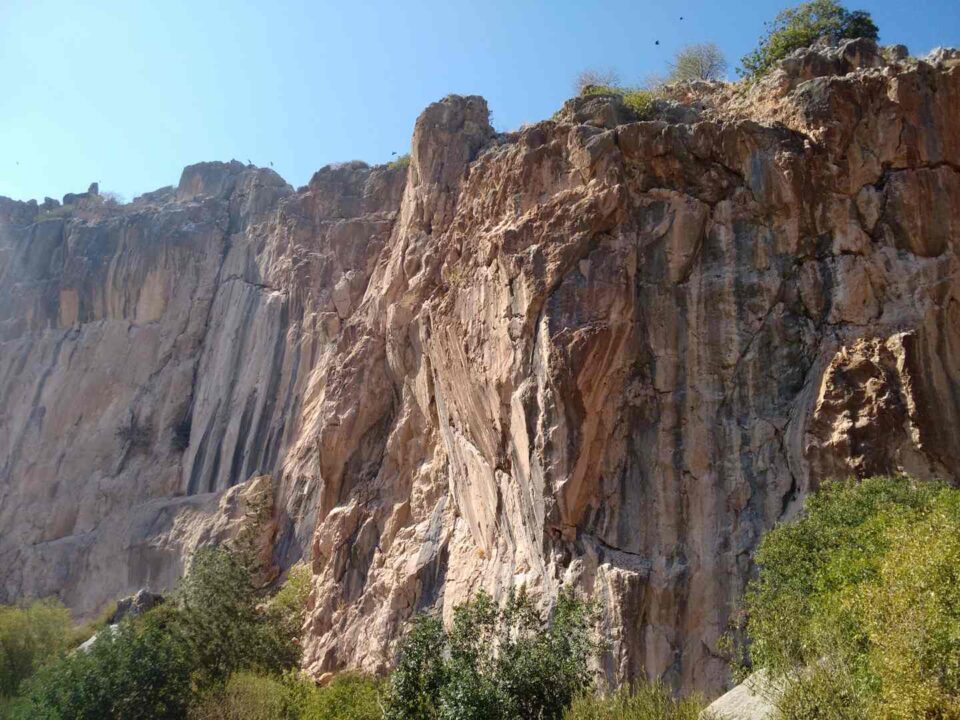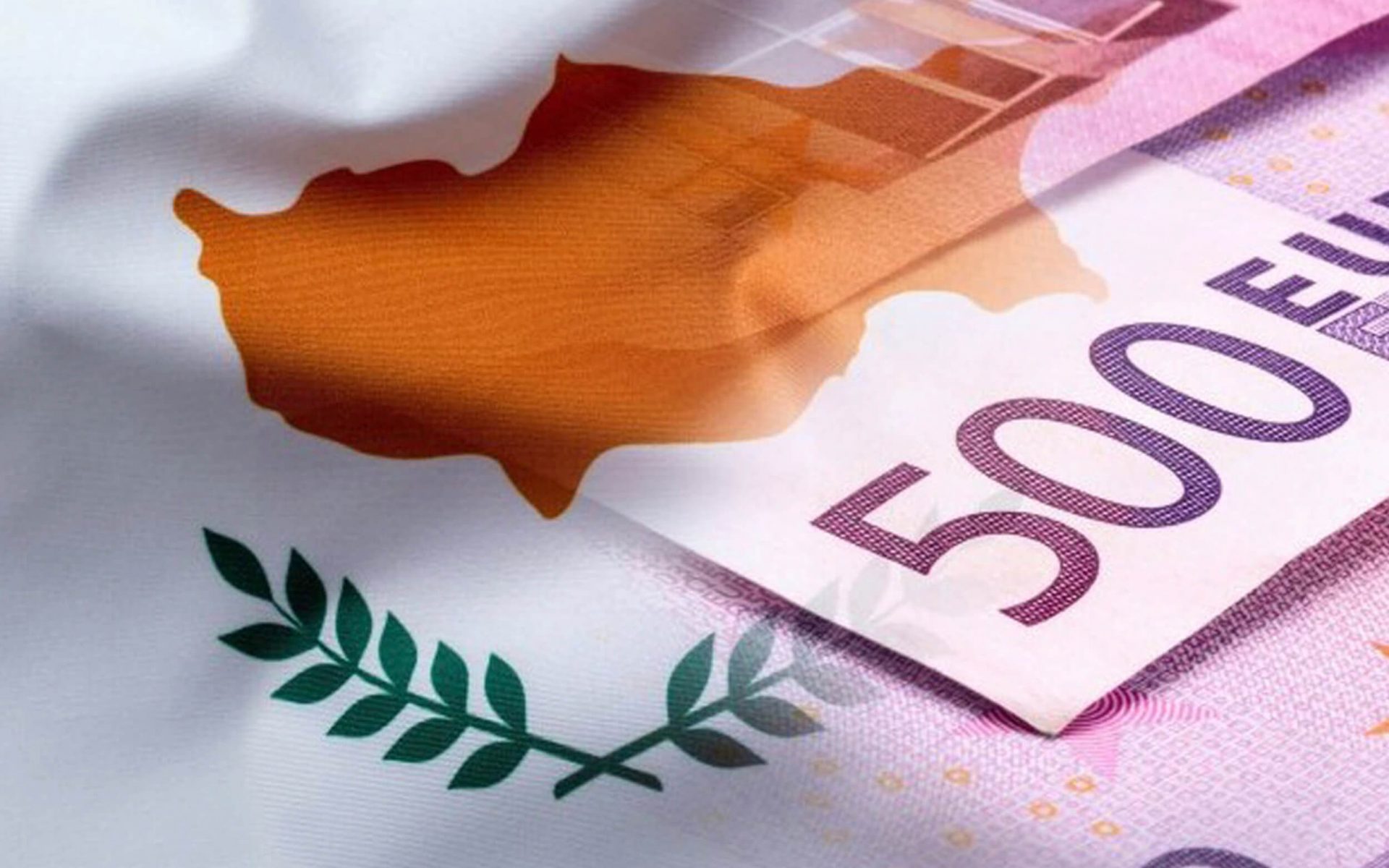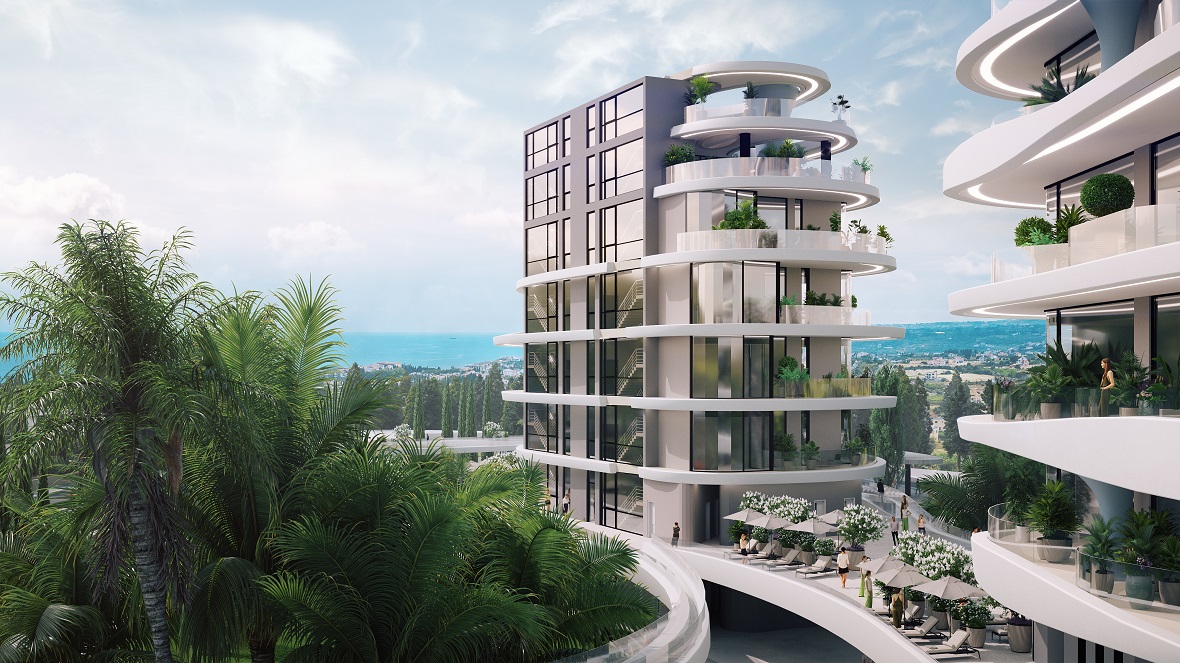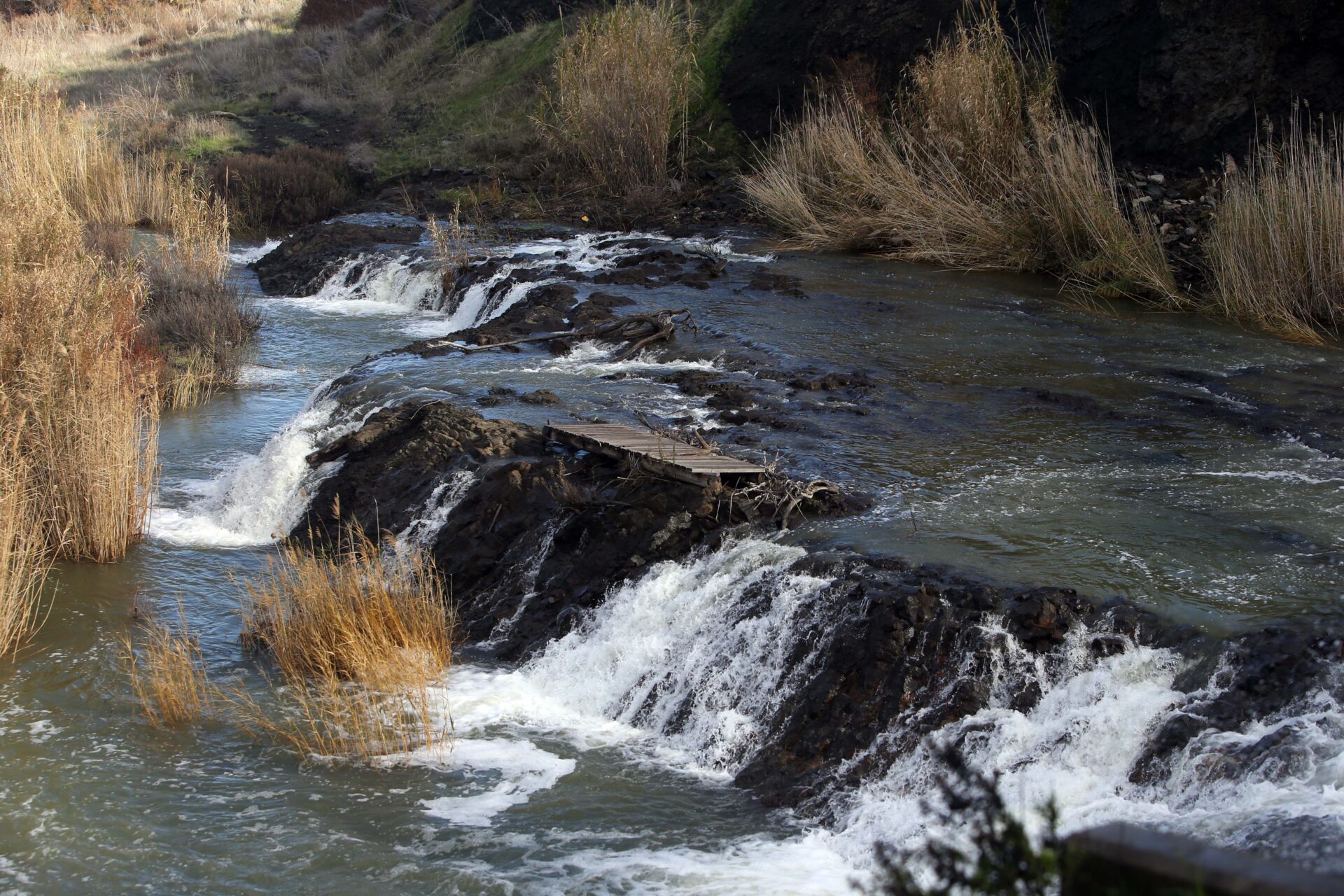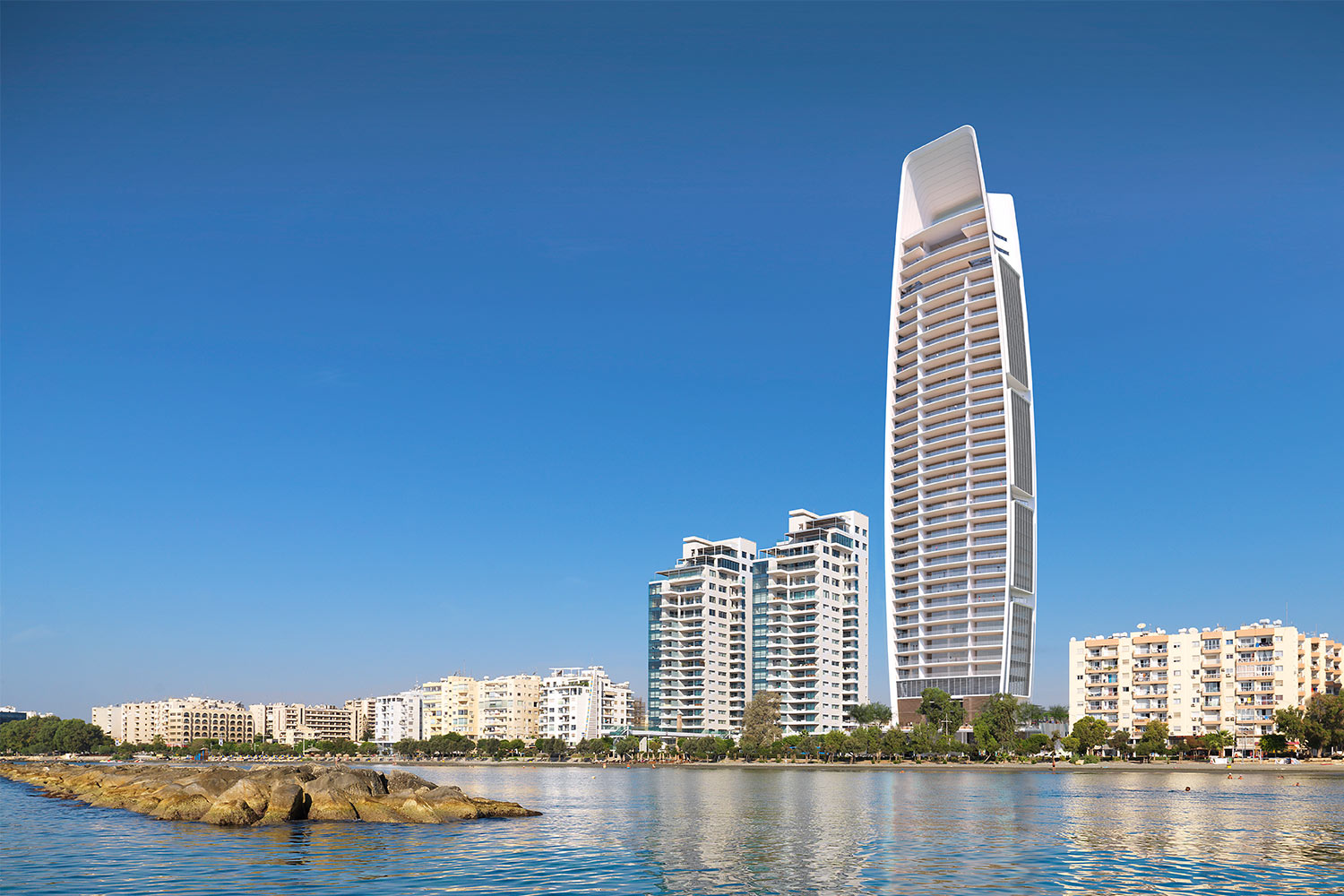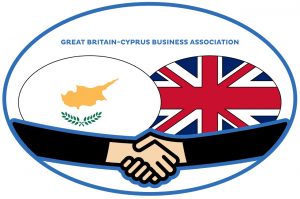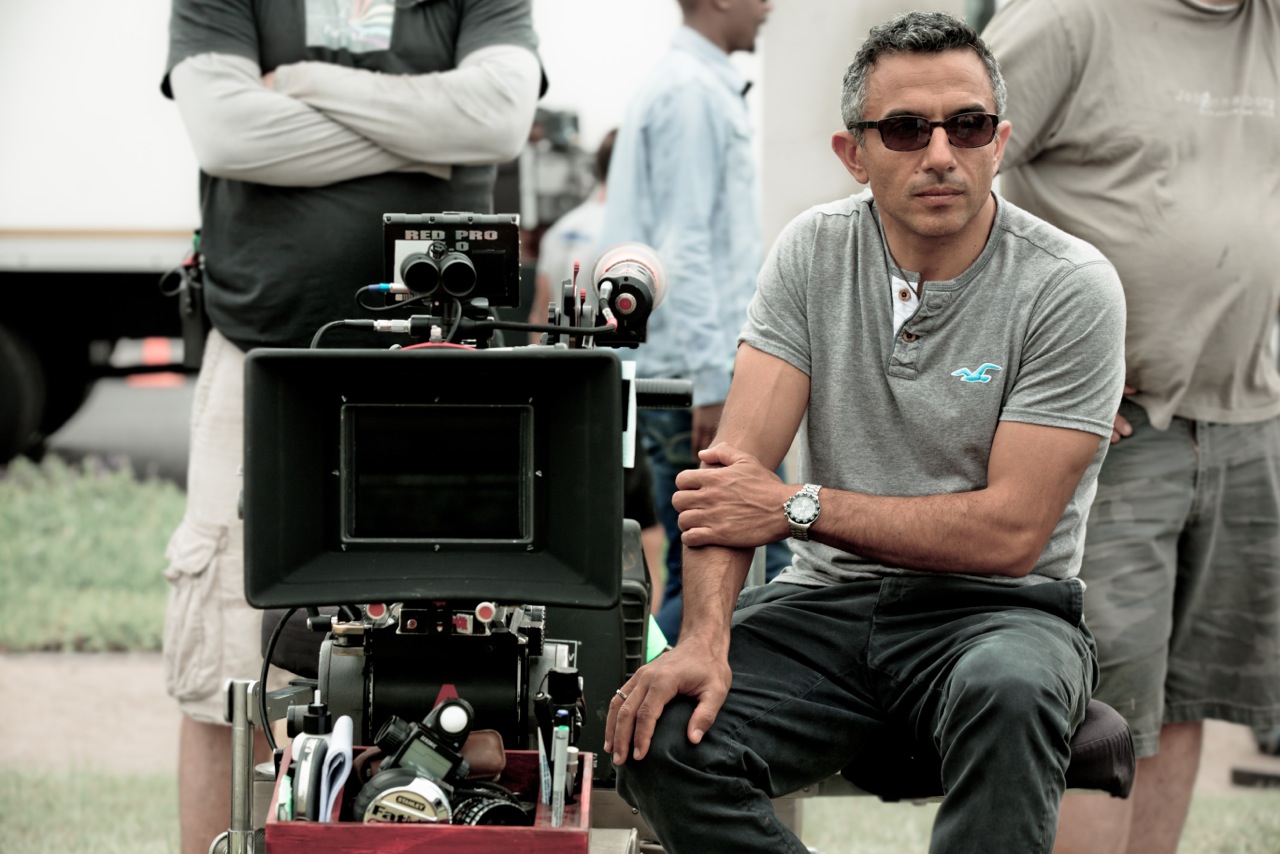
Cinematographer Haris Zambarloukos could this week become only the second Cypriot ever to be nominated for an Oscar. THEO PANAYIDES talks to his old friend about loving what you do and belonging at sea or on a film set
The empty office behind Haris Zambarloukos on our Zoom call could be anywhere – but in fact it’s Warner Bros Leavesden, just north of London, an old Rolls Royce factory which the Hollywood major took over when they made Harry Potter and converted into a studio. This is where Haris – one of the world’s most successful cinematographers, based in the UK for years now – is about to shoot the sequel to The Meg, the recent Jason Statham blockbuster about a monster shark (the original made over $500 million worldwide), taking an hour off pre-production to chat on his lunch break.
We talk on Friday; they start on Monday, a few months on soundstages in Leavesden followed by three weeks in Thailand. Something else is also slated to occur, a couple of weeks into the shoot: the announcement of the Oscar nominations on February 8 when Belfast, Kenneth Branagh’s memoir of his childhood years in the titular city, is expected to feature prominently. The small, “very heartwarming” film, photographed by Haris, is among the bookies’ favourites (second only to The Power of the Dog) and has already won Best Screenplay at the Golden Globes. It’s entirely possible that the Academy’s wave of love for Belfast will extend to his own black-and-white cinematography, making Haris only the second Cypriot – after Michael Cacoyannis in 1965 – ever to win an Oscar nomination.
That makes me proud, and not just as a Cypriot. I’ve known Haris Zambarloukos for years, almost all my life in fact: we were kids together in Dubai after the invasion, when we were both in our single digits (he turns 52 next month). We’ve drifted apart, admittedly, and I’ve only talked to him a handful of times in the past few years – but I’ve seen his career slowly blossom, from prestigious art school (St. Martin’s in London) to prestigious film school (the AFI Conservatory in LA) to making small films with somewhat obscure directors, to making small films with established directors (including Branagh, with whom he first worked on Sleuth in 2007). Mamma Mia! in 2008 was a notable milestone, his first big-studio picture, then Thor in 2011 was another milestone, his first action blockbuster, tasked with lighting the sets and masterminding the look for a project with a $150 million budget.
How did he get here? After all, the film industry is notoriously fickle. Take First Daughter, for instance, Haris’ first official credit as cinematographer (what’s known as a DP, or Director of Photography). This was a much-acclaimed short film, made in 1997, which screened at 22 festivals and won 13 awards. It was directed by Anne Madden, presumably his classmate at AFI (it was her thesis film) and prodigiously talented in her own right – yet Madden’s directorial career seems to have stalled, with only two further shorts in the years since; she still works in film and TV, but now as a wardrobe stylist and visual researcher. That kind of pivot is not uncommon; the industry has room for many creatives, and only a very few graduate to the top jobs. But how did Haris – an obscure Cypriot from a family of engineers – become one of those few?
“I see them as small, gradual transitions, not big leaps,” he notes carefully, looking back at his list of credits. He’s been plugging away, working steadily for 25 years – and he knew what he wanted, which also helps: “You have to find your place, y’know? Where you really belong. And I think it helped that I [always] knew my place was not as a director… My place would be near the camera, and lighting”. I recall his annual trips to Camerimage (a festival in Poland dedicated to cinematography) as an aspiring DP, where he met more senior colleagues and made himself known. People skills played a part, surely? Of course, he shrugs: “You have to have people skills to work in the film industry”.
His personality appears to be a mix. He’s laid-back and affable – his laugh is distinctive, a deep Eddie Murphy chuckle showing off the gap in his front teeth – but also precise in his answers; he doesn’t babble. “I listen a lot,” he replies when I ask about his working relationship with Branagh (the upcoming Death on the Nile will be their eighth film together). “I’ve always found you achieve more by listening more and talking less – and certainly thinking before you talk.” He’s married to Rachel, a costume designer, and they have three kids, a six-year-old daughter and four-year-old twins – yet there’s also a boldness, an adventurous streak that may well be in his genes. “My dad went off to the UK in the 50s to study and work, he went to Libya in the 60s to build roads. My grandfather went to America in the 20s and built railroads for 15 years, then came back to Cyprus.” His own streak comes out in the work, of course – but also in his relationship with the sea, the (other) great love of his life. More on that later.
I remember him well, back in Dubai – the old Dubai, before the Burj Khalifa and the rest of it, with warrens of souks instead of shopping malls and dusty suburbs petering out into great expanses of desert – living in a housing complex rather optimistically dubbed ‘Garden City’. I recall us playing kids’ games, running around in the covered parking lot, getting in a sword fight with plastic swords. What I don’t recall us ever doing, however – and granted, we were very young – was talking about movies.
“I had zero, zero interest in becoming a filmmaker at the time,” he agrees. “I always wanted to be a painter… I was good at painting and maths. Given my background, they thought that finally there’d be an architect in the family.” It was only later, during his foundation year at St. Martin’s, that something clicked: new students spent the year being exposed to various disciplines – painting, sculpture, theatre, film, design – so they could decide which to pursue, and “the minute I tried film, I was transformed. They showed us two films, The Cabinet of Dr. Caligari and Un Chien Andalou, and it was the first time I had seen anything outside narrative filmmaking”.
Sounds surprising, for an art-school student with an interest in photography – but it’s easy to forget how small the world was in those days. His early childhood had been in Dubai, and “I don’t know when you went, Theo, but we went in ’74”. (For us, it was ’76.) “Well, Dubai television at the time, the only thing they broadcast was the Koran five times a day, and then it would just go to a blank screen! So there was nothing to watch.” Haris and his family would take a dhow across the creek to Dubai side – “one of those little wooden rowing boats that the fishermen had” – and there, in a souk, was a little shop selling Super 8 films and projectors, “and we could buy a 20-minute reel of a film, condensed”. These were either comedy shorts (Charlie Chaplin, Buster Keaton) or classic films like The King and I but edited down to 20 minutes of highlights; his first experience of cinema. “I’m sure that had a subconscious kind of effect,” he muses. “By age five I could at least lace up a projector.”
It’s a bit bizarre, actually – even beyond my own personal involvement in the story – to be talking to a man who’s about to shoot the next Jason Statham blockbuster, and having it dovetail so oddly with mundane local matters: one minute we’re talking about fitting a bodycam on Daniel Craig (in Enduring Love, in 2004), the next we’re discussing Nicosia bookshops. “So I went – what’s the name of that bookshop, was it the Moufflon or Bridgehouse? – I went to Bridgehouse and there was a camera manual,” he recalls, telling the tale (apropos of lacing up projectors) of how he got a job as a camera assistant on an actual movie, a production called Two Suns in the Sky, in the summer after his foundation year. They asked if he’d ever worked on a 35mm camera; Haris lied and said he knew how to lace one – then ran off to Bridgehouse and memorised a lacing diagram in the aforementioned camera manual, managing to pass the test and land the job. “Samuelson’s Camera Data Manual, which I believe is still in print. I’ve since met Samuelson a few times, and I said ‘I owe you my first job’,” he says, smiling at how things turned out.
It happens a lot in our conversation, that odd collision of Cyprus and Hollywood (or at least Leavesden), careening from Sir Kenneth Branagh to local notables like his old English School art teacher Nicos Kouroushis (“one of the greatest teachers I’ve ever encountered”). Haris may have spent more time away from Cyprus than living here, but it’s “still the place I feel I belong”. He rarely comes for work anymore but visits the island often, both to see family – he and his dad Makis are particularly close – and of course to plunge into the sea, which was also why he barely noticed the transition from the UAE back to Cyprus (they returned in the early 80s). “I definitely lived a kind of aquatic life in Dubai, and continued to have an aquatic life in Cyprus.” He was waterskiing from age 8 and windsurfing from age 11, plus of course fishing; he doesn’t fish anymore, but “I can’t remember not fishing, as a child. I remember fishing, snorkelling and painting as my earliest memories”.
What draws him to the sea?
“I belong there,” he replies, and chuckles deeply. “A bit like on a film set.”
In the end, you might say he’s a meeting – an agglomeration – of three things, three converging forces, three different sides represented by three different interests. The love of maths speaks to the precision in his makeup, as well as the practical, technical side that allows him to handle the logistics on these huge Hollywood blockbusters. (“It’s not an artistic medium,” he reminds me. “It’s also a very technical medium.”) The childhood love of painting, and later photography, is of course the creative side. And the sea (mostly windfoiling and surfing these days) is the wild card, the adventurous streak – though also more, a constant, inexhaustible life lesson, a way of feeling, part of what he calls his “self-health”, maybe even part of how he made it to the top in such a slippery industry.
“It’s how you deal with pressure, and how you deal with situations,” he replies when I ask if he never feels cowed by the responsibility of being a DP on these massive movies. It’s very much like surfing, in that “the whole idea of surfing is to learn how to be playful in the ocean when it gets dangerous, and how to survive. That’s what the ancient Hawaiians did – they said let’s make a game out of near-drowning, let’s make it playful. Let’s harness this energy, let’s not be afraid of it”.
The sea can be dangerous, certainly. Even as a child in Dubai he recalls snorkelling and learning how to dodge the various undersea beasties: “There was a sea-snake season, there was a jellyfish season…” But the sea also teaches you about pressure, like you’ll find on a film set, the sea “clears the eyes” – which is what you need as a DP – and the sea teaches focus and being in the moment, which is what you need as a father of young kids. “When I surf,” explains Haris, “I take my glasses off and I leave my phone on the shore. I can’t see very well without my glasses, so it’s definitely a ‘feeling’ thing rather than a visual thing – and with children too, you just have to leave the phone behind. You’ve got to concentrate, you’ve got to be with them.” Kids too, like those ancient Hawaiians, understand the value of being playful.
I suppose it’s fitting that he’s now on the set of a film about a giant shark – and waiting for those Oscar nominations, of course. As he says, there’s no simple formula to explain how he got here – just as there’s no simple guide for how to negotiate a monster wave, or a treacherous current; you just do it, and gradually get better. “I didn’t jump in the ocean and learn to surf in my 40s, and I certainly didn’t jump on to a film set at this age… Every experience I’ve had has built up to it – and I take things in their stride, that’s all you can do”.
He’s always tried to do what he loves, whichever of the three sides – art, maths or sea – it ended up speaking to. “The world was more small-minded as I was growing up,” he admits, with a nod to our shared experience, “and I was neither stubborn nor forward-thinking. I was just uncomfortable with not being able to fully enjoy any activity I did”. I’m a bit biased, I realise. Still, it couldn’t happen to a nicer guy.


